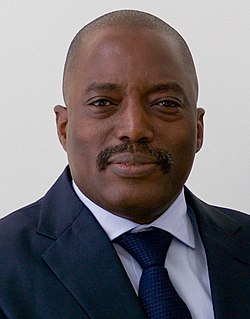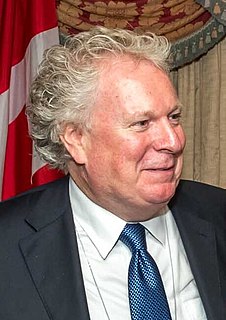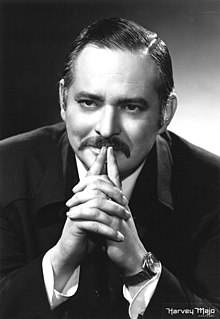A Quote by George Papandreou
If we had a consensus we wouldn't have to go to a referendum.
Quote Topics
Related Quotes
It is true that we need a consensus to go forward with restoring passenger rail in America, and often a consensus is formed by political action, via government. That is all true. But we have no such consensus, and no one in government or politics these days has the will or the force of personality or perhaps even the understanding of the situation to get on with job of forming a consensus supporting rail.
I have this idea of a Taiwan Consensus, which means people in Taiwan have to get together and form a consensus of their own and that they turn around to talk to the Chinese to form a cross-strait consensus so we can build a relationship on that consensus. And in my view, that is the right order to do things.
Historically, the claim of consensus has been the first refuge of scoundrels; it is a way to avoid debate by claiming that the matter is already settled. Whenever you hear the consensus of scientists agrees on something or other, reach for your wallet, because you're being had. The greatest scientists in history are great precisely because they broke with the consensus.
The work of science has nothing whatever to do with consensus. Consensus is the business of politics. Science, on the contrary, requires only one investigator who happens to be right, which means that he or she has results that are verifiable by reference to the real world. In science consensus is irrelevant. What is relevant is reproducible results. The greatest scientists in history are great precisely because they broke with the consensus.
Finally, I would remind you to notice where the claim of consensus is invoked. Consensus is invoked only in situations where the science is not solid enough. Nobody says the consensus of scientists agrees that E=mc2. Nobody says the consensus is that the sun is 93 million miles away. It would never occur to anyone to speak that way.









































